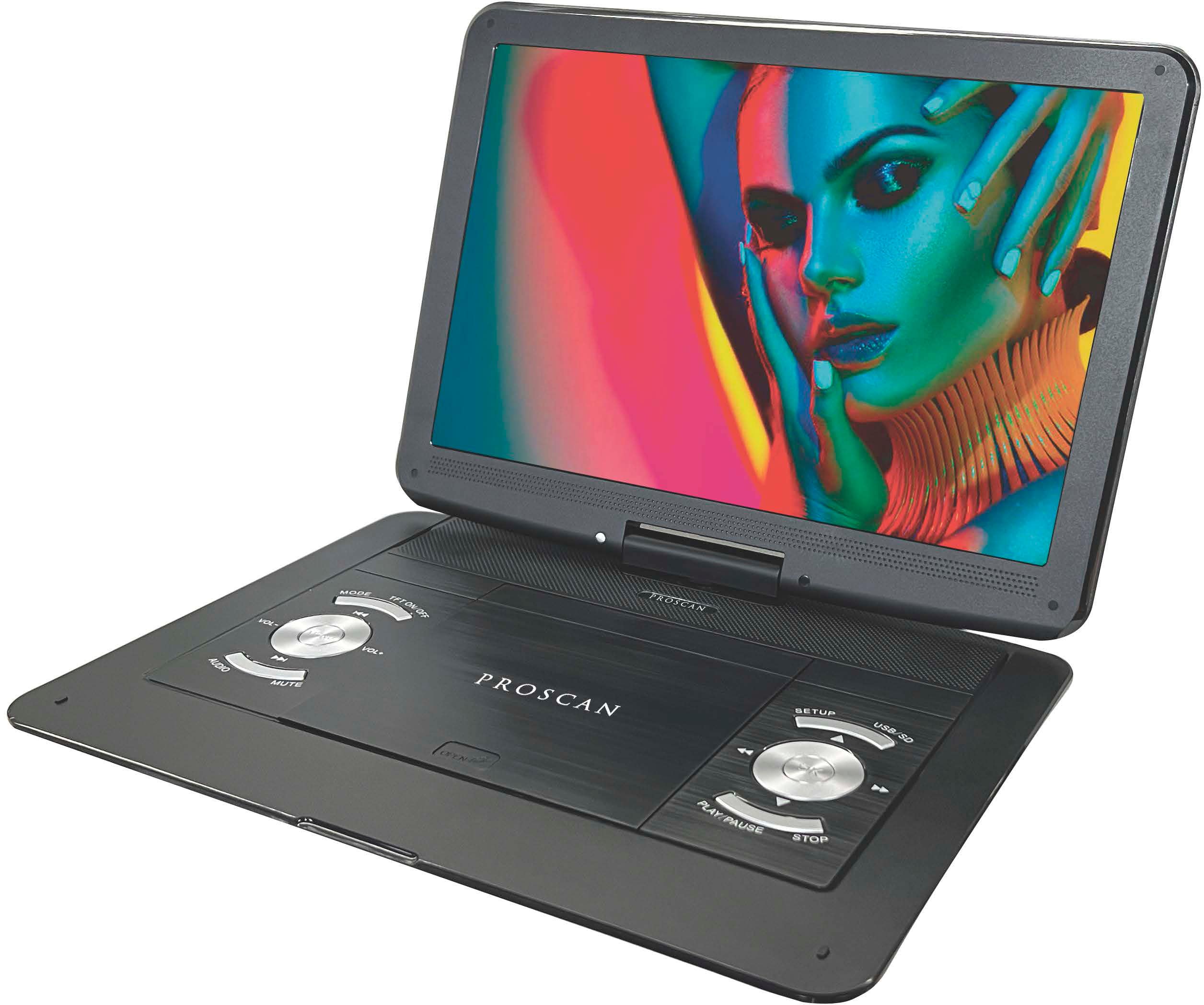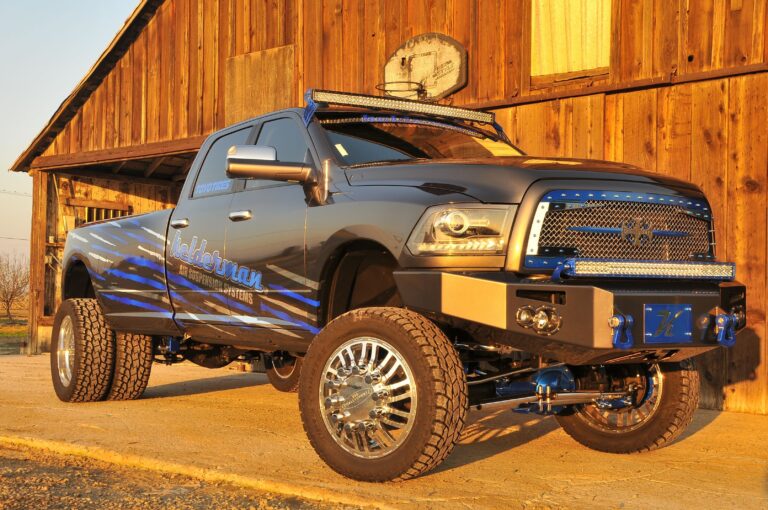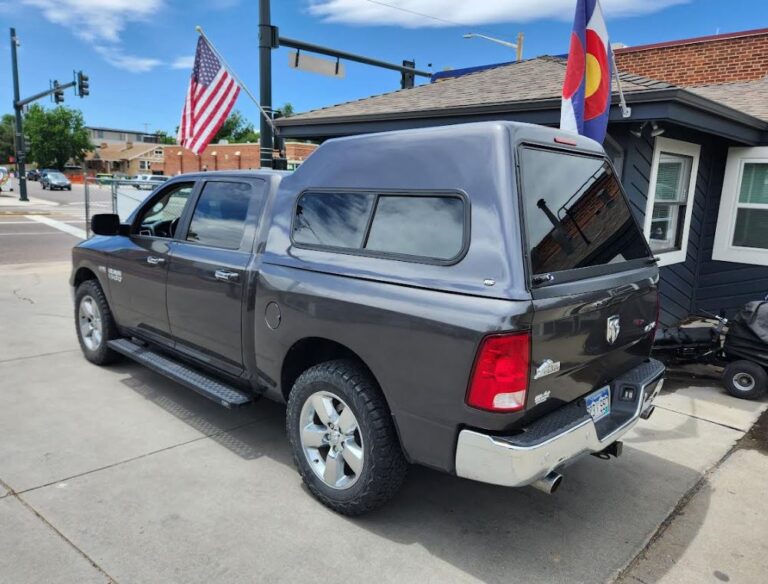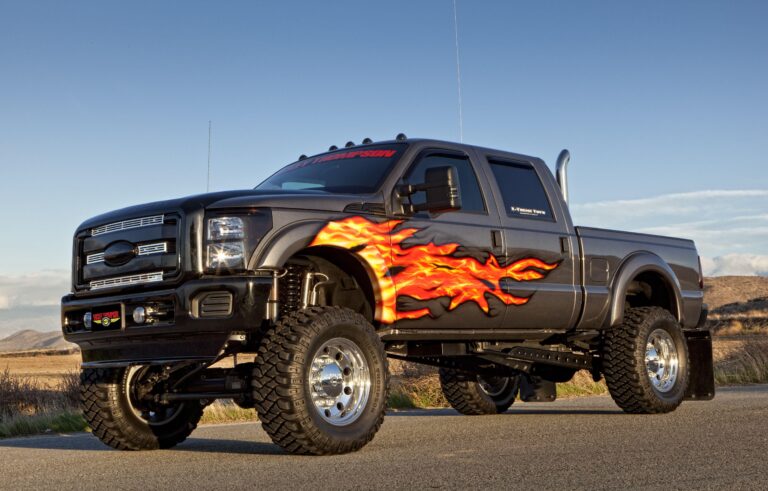Portable Toilet Service Trucks For Sale: A Comprehensive Buyer’s Guide
Portable Toilet Service Trucks For Sale: A Comprehensive Buyer’s Guide cars.truckstrend.com
The unsung heroes of outdoor events, construction sites, and remote locations are often the humble portable toilets. But behind every clean, functional portable restroom stands another crucial piece of equipment: the portable toilet service truck. These specialized vehicles, also known as vacuum trucks, pumper trucks, or septic service trucks, are the backbone of the sanitation industry, responsible for emptying waste, refilling fresh water, and cleaning units on-site.
For entrepreneurs looking to enter the lucrative portable toilet rental business, or established companies aiming to expand their fleet, acquiring the right service truck is a pivotal investment. This comprehensive guide will delve into everything you need to know about portable toilet service trucks for sale, helping you make an informed decision that drives your business success.
Portable Toilet Service Trucks For Sale: A Comprehensive Buyer’s Guide
Understanding the Anatomy of a Portable Toilet Service Truck
A portable toilet service truck is more than just a vehicle; it’s a mobile sanitation station. Understanding its core components is essential for selecting a truck that meets your operational demands.
- Chassis: This is the foundation – the truck itself. Choices range from light-duty pickup conversions to medium and heavy-duty commercial truck chassis (e.g., Ford, Ram, Freightliner, International). Factors like Gross Vehicle Weight Rating (GVWR), engine power, transmission, and drivetrain (2WD vs. 4WD) are crucial, depending on the terrain and load.
- Vacuum System: The heart of the operation. It consists of:
- Vacuum Pump: Generates the suction to empty waste. Common types include rotary vane (most common, reliable, good for liquid waste) and positive displacement (more powerful, can handle thicker sludge, often more expensive). Pump ratings are typically measured in Cubic Feet per Minute (CFM), indicating suction power.
- Hoses & Valves: Heavy-duty suction hoses (typically 2-4 inches in diameter) connect the toilet to the waste tank. Control valves manage suction and discharge.

- Waste Tank: Designed to hold collected effluent.
- Material: Steel (durable, heavy, prone to rust), Aluminum (lighter, corrosion-resistant, more expensive), or Poly (lightest, corrosion-proof, less durable in impacts).
- Capacity: Varies widely, typically from 300 gallons to over 2,000 gallons. Capacity is often split, with a portion dedicated to fresh water.
- Features: Baffles (to prevent liquid surging), sight glasses or electronic level indicators (to monitor tank fullness), and emergency shut-off valves.

- Freshwater Tank: Holds clean water for rinsing portable toilets and refilling handwash stations or flushable units. This tank is usually integrated with or separate from the waste tank, with capacities ranging from 100 to 800 gallons.
- Pressure Washer System: A high-pressure pump (often gasoline or diesel-powered) connected to the freshwater tank, used for cleaning the interior and exterior of portable toilets. PSI (Pounds per Square Inch) and GPM (Gallons Per Minute) determine cleaning power.
- Hose Reels: Manual or hydraulic reels manage suction and pressure wash hoses, keeping them organized and making deployment easier.
- Toolboxes & Storage: Integrated compartments for tools, spare parts, chemicals, and cleaning supplies.
- Safety Features: Includes warning lights, backup cameras, emergency shut-offs, and proper labeling.

Why Invest in a Portable Toilet Service Truck? Benefits & Business Opportunities
Owning a portable toilet service truck is more than just acquiring equipment; it’s an investment in a robust and essential service business.
- Core of a Portable Toilet Rental Business: If you’re renting out portable toilets, owning a service truck is non-negotiable. It allows you to provide the full service loop: delivery, maintenance, and pickup.
- Recurring Revenue Streams: Portable toilet rentals and servicing generate consistent, recurring income, making it an attractive business model.
- Independence and Control: Owning your fleet means you control your schedule, service quality, and operational costs, rather than relying on third-party service providers.
- Scalability: As your portable toilet rental business grows, you can easily add more trucks to your fleet to meet increasing demand.
- Diversification: Existing septic service companies can easily diversify into portable toilet servicing, expanding their customer base and service offerings.
- New Entrepreneurial Opportunity: With relatively lower barriers to entry compared to some other service industries, portable toilet servicing offers a viable path for new business owners.
- Reduced Operational Costs: Over time, owning and maintaining your own service trucks is typically more cost-effective than outsourcing all servicing needs.
Types of Portable Toilet Service Trucks For Sale
The market offers a variety of options, catering to different budgets and operational needs.
- New Trucks:
- Pros: Full warranty, latest technology, customizable to your exact specifications, greater reliability, modern safety features.
- Cons: Highest upfront cost, significant depreciation in the first few years.
- Used Trucks:
- Pros: Significantly lower cost, immediate availability, can be a great value if well-maintained, proven reliability for certain models.
- Cons: No warranty (or limited), potential for hidden mechanical issues, wear and tear, older technology, may require more immediate maintenance.
- Refurbished Trucks:
- Pros: A good middle-ground. Often involve a used chassis with a new or reconditioned vacuum system and tank. Offers a balance of cost-effectiveness and improved reliability.
- Cons: Still an older chassis, may not have the latest safety or fuel-efficiency features.
- Custom-Built Trucks:
- Pros: Tailored precisely to your business needs, optimizing layout, capacity, and features.
- Cons: Higher cost and longer lead times than off-the-shelf options.
- By Tank Material: Steel, aluminum, and poly tanks each have their pros and cons regarding weight, durability, and corrosion resistance.
- By Chassis Size: Light-duty (e.g., Ford F-Series, Ram, Chevy Silverado with slide-in or small dedicated tanks), Medium-duty (e.g., Freightliner M2, International MV), and Heavy-duty (e.g., Kenworth, Peterbilt, for larger operations or septic pumping).
Key Considerations Before Buying
Purchasing a portable toilet service truck is a significant decision. Careful consideration of these factors will ensure you make the right choice:
- Budget & Financing: Determine your budget range. New trucks can cost upwards of $100,000-$250,000+, while used trucks can range from $20,000 to $150,000+ depending on age, condition, and features. Explore financing options, loans, or leasing.
- Intended Use & Capacity Needs: How many portable toilets will you service daily? What are the typical distances? This dictates the required waste and freshwater tank capacities, pump size, and chassis type. Overbuying capacity means unnecessary cost; underbuying leads to inefficient operations.
- Geographic Area & Terrain: Will you be operating in urban areas, rural landscapes, or challenging off-road conditions? This affects chassis choice (e.g., 4WD for rough terrain), maneuverability, and overall truck size.
- Maintenance & Parts Availability: Research the common truck and vacuum system brands. Are parts readily available? Is there a qualified service center nearby?
- Regulatory Compliance: Understand federal (DOT, EPA), state, and local regulations regarding vehicle weight limits, emissions, waste disposal, and operator licensing (e.g., CDL requirements for certain GVWRs).
- Pump Type & Power: Match the pump’s CFM to your service volume. Rotary vane pumps are generally sufficient for portable toilets, while positive displacement pumps offer more power for thicker waste or longer hose runs.
- Tank Material & Size: Consider the trade-offs between steel, aluminum, and poly tanks in terms of weight, durability, and cost. Ensure the tank capacity aligns with your route efficiency.
- Additional Features: Think about winterization kits (for cold climates), heated tanks, GPS, backup cameras, extra lighting, and additional storage. These can significantly improve efficiency and safety.
- Resale Value: Certain truck brands and configurations hold their value better than others.
Where to Find Portable Toilet Service Trucks For Sale
The market for these specialized vehicles is diverse, offering several avenues for potential buyers:
- Specialized Truck Dealers: Many dealers focus specifically on commercial trucks and often have a dedicated section for vacuum trucks, septic trucks, and portable toilet service vehicles. They may offer both new and used options, financing, and maintenance services.
- Online Marketplaces: Websites like TruckPaper.com, CommercialTruckTrader.com, and GovPlanet (for government surplus) are excellent resources for finding a wide range of new and used trucks from various sellers across the country. General marketplaces like eBay and Facebook Marketplace can also list private sales.
- Auctions: Government surplus auctions, private commercial vehicle auctions, and specialized equipment auctions can be sources of good deals, though often with "as-is" conditions.
- Direct from Portable Toilet Rental Companies: As companies upgrade their fleets, they often sell their older, well-maintained service trucks directly. Networking within the industry can uncover these opportunities.
- Manufacturer Websites: For new trucks, visiting the websites of leading manufacturers (e.g., Amthor International, Progress Tank, Crescent Tank, Imperial Industries) allows you to explore models and locate dealers.
Tips for a Successful Purchase
Once you’ve identified potential trucks, follow these tips to ensure a sound investment:
- Thorough Inspection (Especially for Used Trucks): Visually inspect the chassis for rust, frame damage, tire condition, and fluid leaks. Examine the vacuum system (pump, hoses, tank) for leaks, cracks, and wear. Check the pressure washer.
- Get a Pre-Purchase Inspection (PPI): For any used truck, hire an independent, qualified mechanic specializing in commercial trucks to perform a comprehensive inspection. This can uncover hidden issues that might cost thousands to repair later.
- Check Service Records: Request detailed maintenance and service records to understand the truck’s history and how well it has been cared for.
- Negotiate Price: Don’t be afraid to negotiate, especially on used trucks. Research comparable sales to understand fair market value.
- Understand Warranty: If buying new, clarify the warranty terms for both the chassis and the vacuum system. For used trucks, inquire if any limited warranty is offered by the dealer.
- Factor in Ancillary Costs: Remember to budget for sales tax, registration, insurance, delivery costs, initial maintenance, and any necessary upgrades or repairs.
- Test Drive: Always test drive the truck, paying attention to engine performance, transmission shifting, brakes, and overall handling. If possible, test the vacuum system and pressure washer.
Challenges and Solutions
Operating a portable toilet service business with your own truck comes with its own set of challenges:
- High Upfront Cost:
- Solution: Explore financing options, consider purchasing a well-maintained used or refurbished truck, or start with a smaller capacity unit and upgrade later.
- Maintenance Demands:
- Solution: Implement a strict preventative maintenance schedule. Find skilled mechanics experienced with commercial trucks and vacuum systems. Keep a stock of common wear parts.
- Regulatory Hurdles:
- Solution: Stay informed about all federal, state, and local regulations. Obtain necessary permits and licenses, and ensure proper waste disposal at approved facilities.
- Disposal of Waste:
- Solution: Establish relationships with municipal wastewater treatment plants or private septage receiving facilities. Understand their receiving hours, fees, and requirements.
- Finding Skilled Drivers:
- Solution: Offer competitive wages and benefits. Provide thorough training on truck operation, safety protocols, and proper portable toilet servicing techniques.
Portable Toilet Service Truck Estimated Price Range Table
Prices for portable toilet service trucks vary significantly based on age, condition, capacity, features, and market demand. The following table provides estimated price ranges and should be used as a general guide only. Always obtain specific quotes for accurate pricing.
| Truck Type | Chassis Type | Waste/Fresh Tank Capacity (Gallons) | Estimated Price Range (USD) | Key Features / Notes |
|---|---|---|---|---|
| New | Medium-Duty (e.g., F-550, Freightliner M2) | 500/200 – 1000/400 | $120,000 – $250,000+ | Full warranty, custom build options, latest tech, higher reliability. |
| Heavy-Duty (e.g., Peterbilt, Kenworth) | 1000/400 – 2000/800+ | $200,000 – $350,000+ | Higher capacity, more robust for heavy use, often for septic & porta-potty combined. | |
| Used | Light-Duty (e.g., F-350, Ram 3500) | 300/100 – 500/200 | $20,000 – $60,000 | Older models, typically slide-in units or smaller dedicated builds. Mileage varies. |
| (5-10+ years old) | Medium-Duty | 500/200 – 1000/400 | $50,000 – $150,000 | Most common used market, wide range of conditions, inspect thoroughly. |
| Heavy-Duty | 1000/400 – 2000/800+ | $80,000 – $200,000+ | Can be excellent value if well-maintained, higher mileage expected. | |
| Refurbished | Medium-Duty | 500/200 – 1000/400 | $80,000 – $180,000 | Used chassis with new/reconditioned tank and pump. Balance of cost and reliability. |
| Heavy-Duty | 1000/400 – 2000/800+ | $120,000 – $250,000+ | Often includes chassis overhaul, new paint, updated controls. |
Disclaimer: These are general estimates. Actual prices depend heavily on the truck’s year, mileage, condition, specific features, geographical location, and current market demand. Always request detailed quotes and perform thorough inspections.
Frequently Asked Questions (FAQ) about Portable Toilet Service Trucks
Q1: What is the average lifespan of a portable toilet service truck?
A1: With proper maintenance, the chassis can last 10-20 years or 300,000-500,000 miles. The vacuum system (pump, tank) can also last 10-15 years, though pumps may require rebuilding or replacement every 5-7 years depending on usage.
Q2: Do I need a CDL (Commercial Driver’s License) to operate one?
A2: It depends on the truck’s Gross Vehicle Weight Rating (GVWR) and whether it’s towing a trailer. In the U.S., a CDL is generally required for vehicles with a GVWR of 26,001 pounds or more. Many light and some medium-duty portable toilet service trucks may fall below this threshold, but always check local Department of Transportation (DOT) regulations.
Q3: What maintenance is required for a portable toilet service truck?
A3: Regular oil changes, fluid checks, tire rotations, brake inspections, and chassis lubrication are standard. For the vacuum system, this includes daily checks of pump oil levels, draining moisture traps, cleaning filters, and periodic pump oil changes or rebuilds as recommended by the manufacturer. Pressure washer maintenance (pump oil, nozzle cleaning) is also crucial.
Q4: Can I convert a regular truck into a portable toilet service truck?
A4: While technically possible, it’s highly complex and not recommended for most. It involves installing specialized equipment (vacuum tank, pump, pressure washer, fresh water tank) and ensuring structural integrity, weight distribution, and regulatory compliance. It’s usually more cost-effective and safer to buy a purpose-built or professionally converted truck.
Q5: What are the most important features to look for in a service truck?
A5: Key features include adequate waste and freshwater tank capacity for your routes, a reliable and appropriately sized vacuum pump (CFM), a durable tank material (aluminum for weight savings, steel for ruggedness), a functional pressure washer, and essential safety features like backup cameras and good lighting.
Q6: How do I finance a portable toilet service truck?
A6: Financing options include traditional bank loans, equipment leasing companies specializing in commercial vehicles, and manufacturer financing programs. Your credit score, business history, and the truck’s age/condition will influence terms.
Q7: What’s the difference between a vacuum pump and a positive displacement pump?
A7: A vacuum pump (typically rotary vane) creates a vacuum to suck liquids and sludges into the tank. They are common, reliable, and efficient for general portable toilet waste. A positive displacement pump (like a lobe or rotary piston pump) actively displaces a fixed amount of fluid per revolution, making them more powerful and capable of handling thicker, more viscous materials and longer hose runs, but they are generally more expensive and require more precise operation.
Conclusion
The portable toilet service truck is more than just a vehicle; it’s the operational heart of any successful portable sanitation business. Whether you’re a burgeoning entrepreneur or an established company looking to expand, the decision to purchase a new, used, or refurbished truck is a critical one that impacts efficiency, profitability, and customer satisfaction.
By understanding the anatomy of these specialized vehicles, evaluating your specific needs, conducting thorough research, and performing diligent inspections, you can make a strategic investment that will serve your business reliably for years to come. With the right truck in your fleet, you’re not just moving waste; you’re building a foundation for sustainable growth in an essential service industry.






